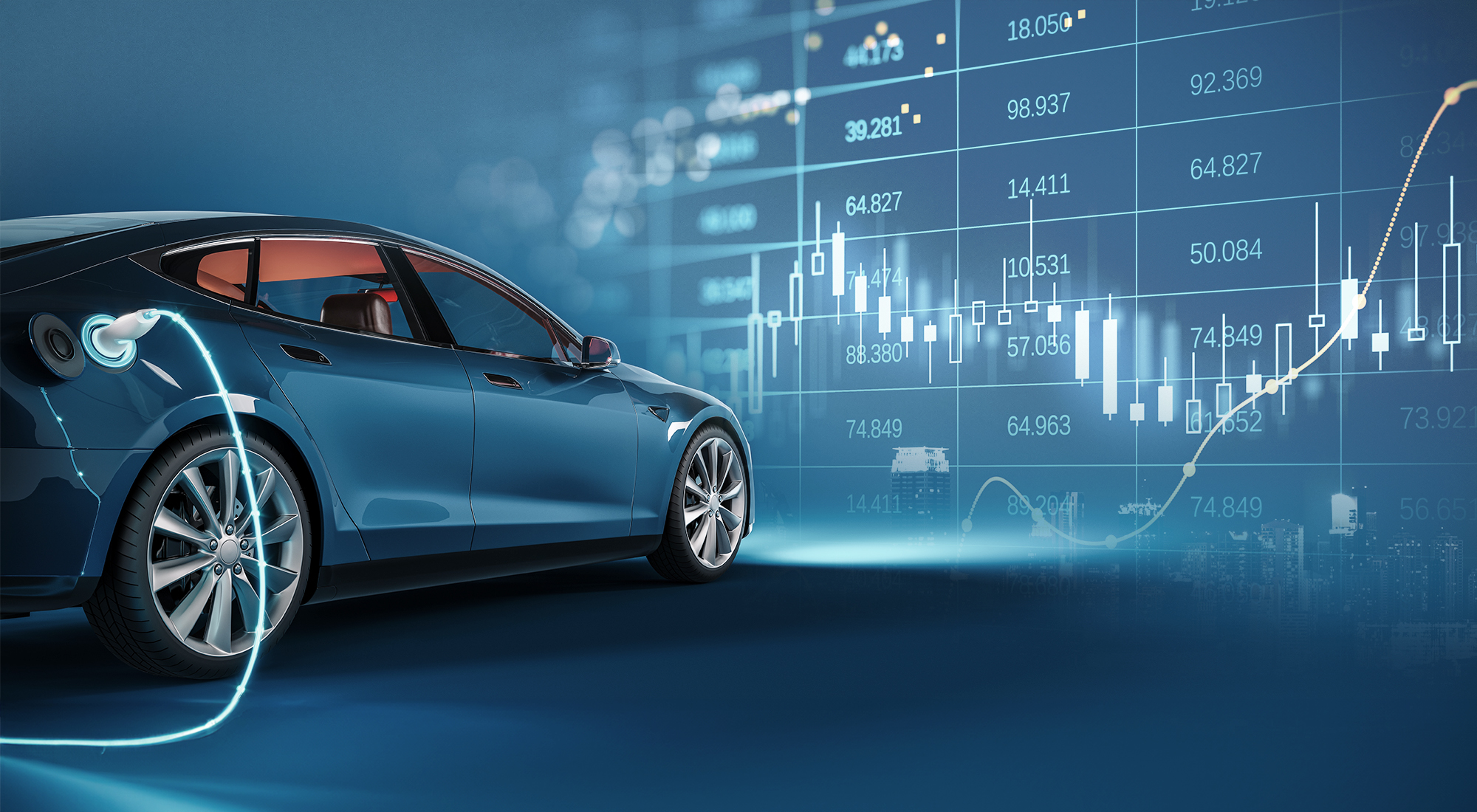Insightful Bytes
Exploring the world one byte at a time.
Charge Me Up: Why Electric Cars are the Future of Driving
Discover why electric cars are revolutionizing the road! Uncover the future of driving and boost your eco-friendly journey today!
The Environmental Impact of Electric Cars: Driving Towards a Greener Future
The rise of electric vehicles (EVs) is often touted as a solution to combating climate change and reducing our reliance on fossil fuels. One of the most significant environmental impacts of electric cars is their potential to lower greenhouse gas emissions. Unlike traditional gasoline-powered vehicles, which emit carbon dioxide and other pollutants, EVs produce zero tailpipe emissions. This reduction in local air pollution can lead to better air quality, especially in urban areas. Moreover, as renewable energy sources like solar and wind power become increasingly incorporated into the electric grid, the overall carbon footprint of charging electric vehicles will continue to decrease, making them a pivotal component of a greener future.
However, it's important to acknowledge the environmental challenges associated with electric cars, particularly concerning battery production and disposal. The extraction of lithium, cobalt, and other minerals necessary for EV batteries can have detrimental effects on ecosystems and local communities. Additionally, the recycling and disposal of spent batteries poses a significant challenge. Efforts are underway to develop more sustainable mining practices and enhance recycling technologies, which will further mitigate these issues. To maximize the environmental benefits of electric vehicles, consumers and policymakers alike must remain vigilant and advocate for practices that support both the transition to electric mobility and the preservation of our planet's health.

Understanding Electric Vehicle Technology: How Do EVs Work?
Electric vehicles (EVs) represent a significant shift in automotive technology, utilizing electric motors in place of traditional internal combustion engines. At the heart of an EV is its battery pack, which stores electrical energy and powers the vehicle. This battery pack is typically made up of lithium-ion cells, allowing for high energy density and longer ranges. When the driver presses the accelerator, power from the battery is sent to the electric motor, which then propels the vehicle forward. Unlike conventional engines, electric motors deliver >instant torque<, resulting in quick acceleration and a smooth driving experience.
Charging an electric vehicle can be done in various ways, including home charging stations, public charging networks, and even fast-charging outlets that can provide a significant charge in a short amount of time. Many EVs also incorporate regenerative braking technology, which recaptures energy typically lost during braking and feeds it back into the battery. This process enhances efficiency and extends the vehicle's range. Understanding the technology behind electric vehicles is crucial as they continue to gain popularity, contributing to a more sustainable and environmentally friendly future.
Are Electric Cars the Solution to Rising Fuel Prices?
As fuel prices continue to rise, many consumers are turning their attention to electric cars as a potential solution. These vehicles not only offer significant savings in fuel costs but also come with lower maintenance expenses compared to traditional gasoline-powered cars. With charging stations becoming more prevalent and the range of electric vehicles (EVs) improving, the transition to electric can provide long-term financial benefits. Additionally, driving an electric car can help individuals reduce their carbon footprint, making it a more environmentally friendly choice in an era where sustainability is increasingly prioritized.
However, there are challenges that may hinder the widespread adoption of electric cars as a solution to rising fuel prices. The initial purchase price of EVs can still be higher than their gasoline counterparts, though this gap is narrowing as technology advances. Furthermore, the charging infrastructure is not yet as widespread as gas stations, which can lead to range anxiety for potential buyers. As the market evolves, it's crucial for stakeholders to address these issues, ensuring that electric vehicles can truly serve as a viable and effective alternative to rising fuel costs.